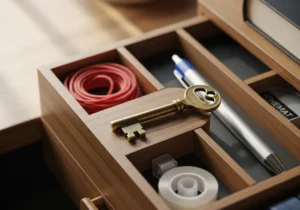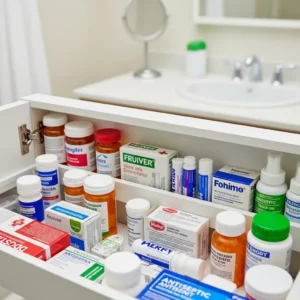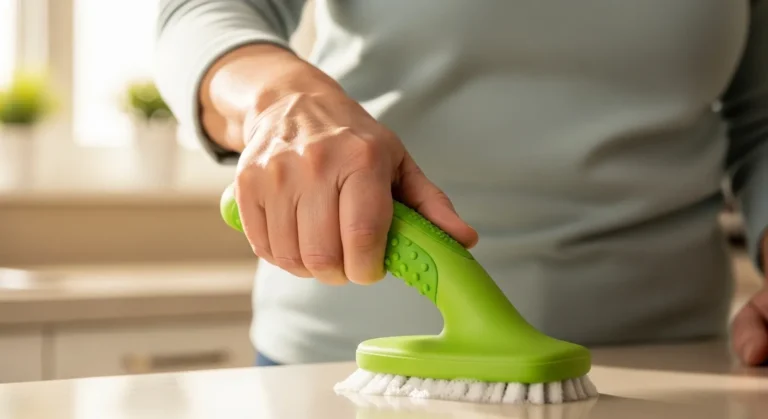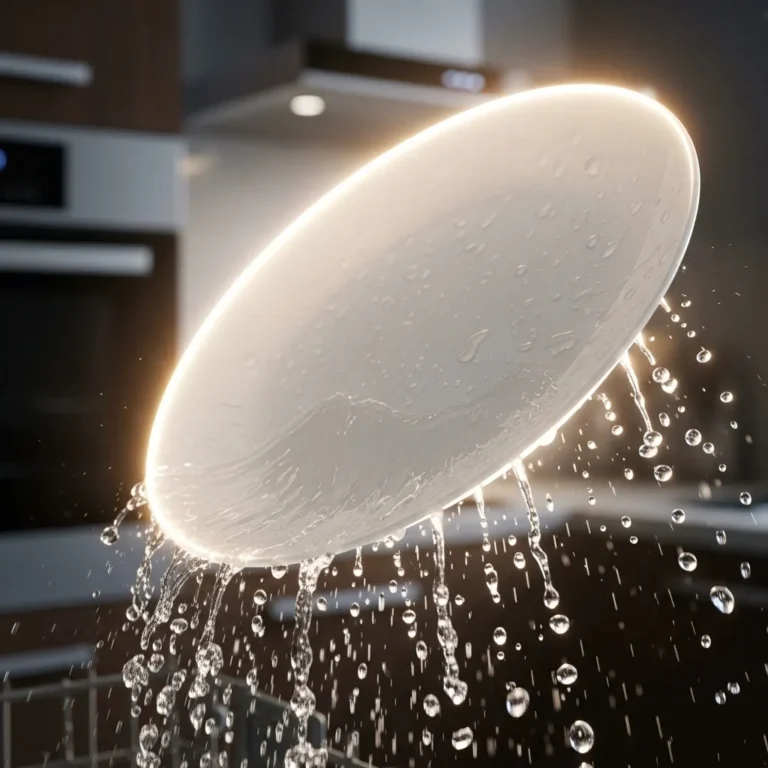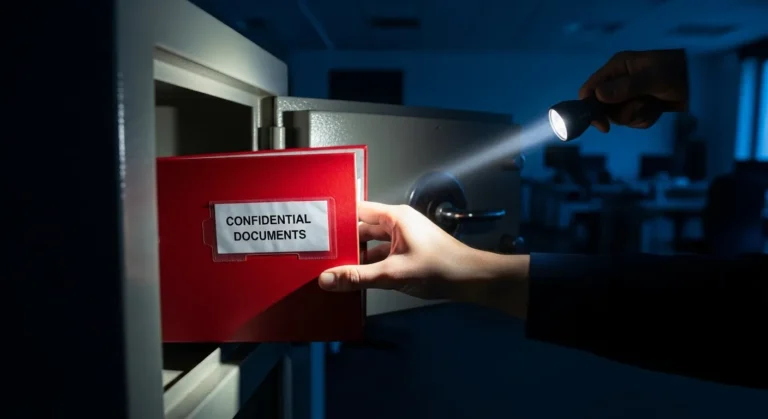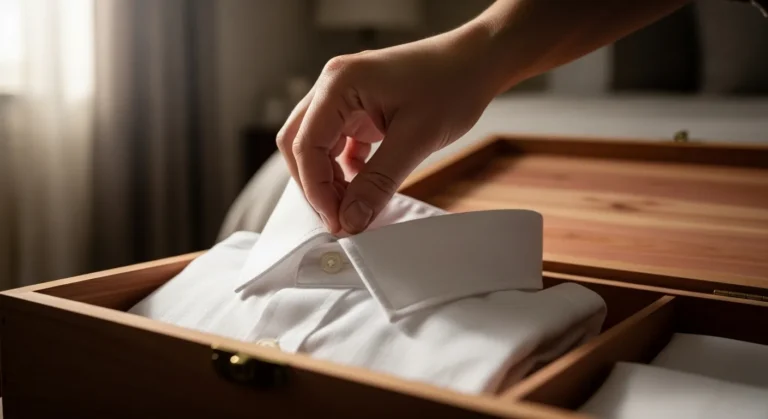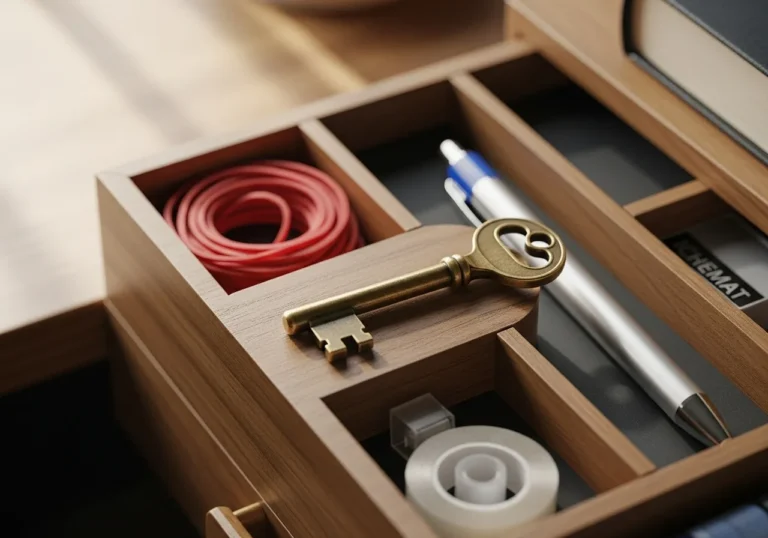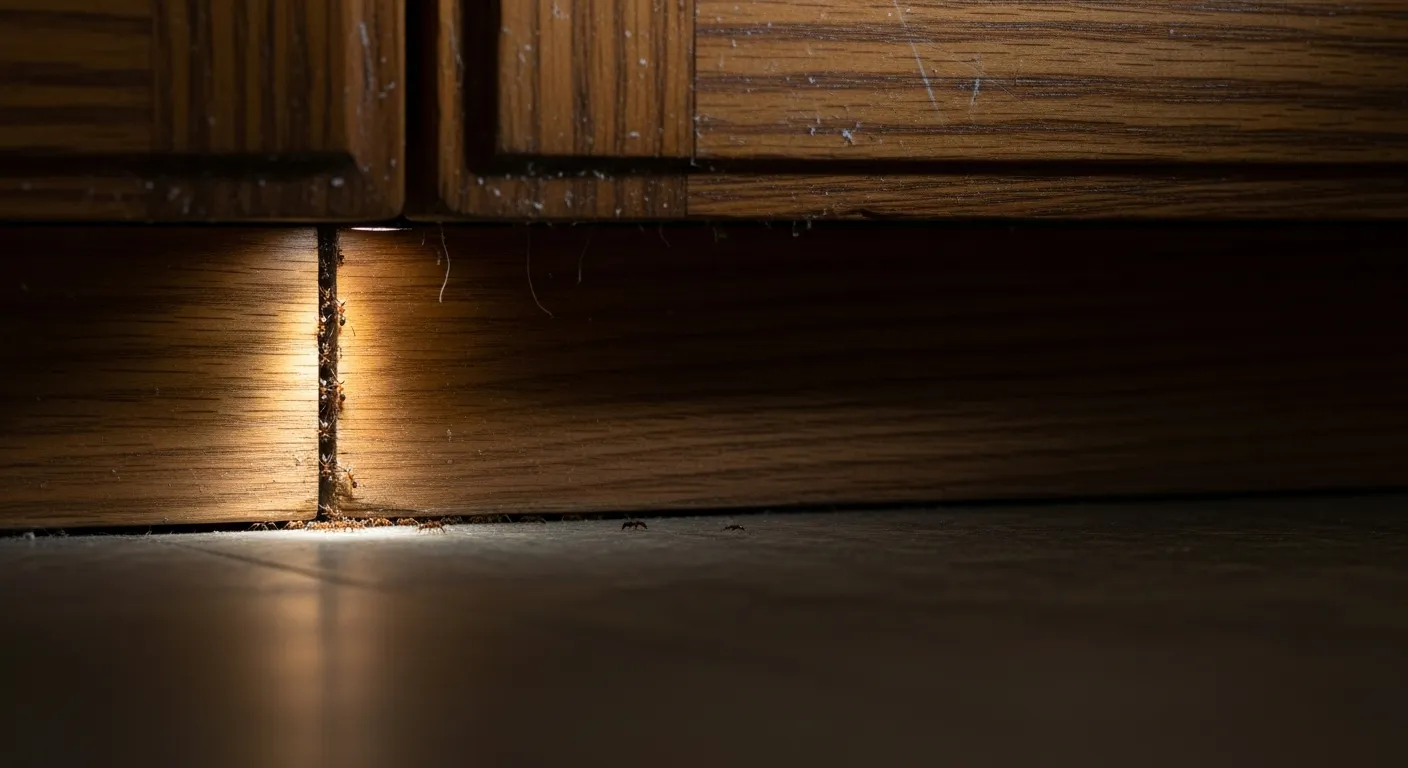
Knowing When to Ask for Help: Calling a Professional
Natural methods and diligent cleaning are incredibly effective for preventing pests and handling minor, occasional intruders. However, there are situations where a problem can become too large or too persistent to handle on your own. It’s important to recognize these signs and know when the safest and most effective course of action is to call a licensed pest control professional.
There is no shame in seeking professional help. A serious pest infestation is not a reflection of your housekeeping skills; pests can be incredibly resourceful and resilient, and sometimes they establish a foothold that requires specialized tools and knowledge to remove.
Signs It’s Time to Make the Call
Persistent Sightings: You’ve been cleaning meticulously, sealing entry points, and using natural deterrents, but you are still seeing pests like ants or cockroaches regularly after a couple of weeks. This suggests they have a well-established nest somewhere that your efforts aren’t reaching.
Pests That Pose Health Risks: If you see evidence of cockroaches or rodents (like mice or rats), it’s time to call a professional immediately. These pests can carry diseases, contaminate food, and trigger allergies and asthma. The potential health risks are too significant to manage with DIY methods alone. If you have any health concerns, it is always best to consult a healthcare provider.
Evidence of a Nest: Finding an actual nest of ants or cockroaches, or signs of rodent nesting (shredded paper, droppings), indicates a serious problem that requires professional attention.
Property Damage: If you suspect you have pests that damage the structure of your home, such as carpenter ants or termites, do not hesitate. These pests can cause significant and costly damage that needs to be addressed by a specialist.
Choosing a Pest Control Service
When you decide to hire a professional, look for a company that is licensed, insured, and has a good reputation. Ask them about their approach to pest control. Many modern companies practice the same Integrated Pest Management (IPM) principles discussed in this article. They will focus on identifying the source of the problem and using the least toxic, most targeted treatments necessary, rather than simply spraying chemicals indiscriminately. You can learn more about pesticide safety and regulation from the U.S. Environmental Protection Agency (EPA).
For urgent questions about potential exposure to any substance, you can always contact Poison Control (U.S.) for free, confidential, expert medical advice.

